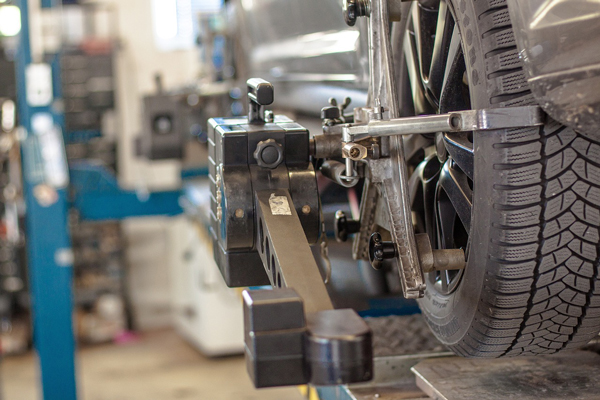12V to 24V DC-DC Converter Application in Auto Electronics
In the automotive industry, various electronic systems and components require different voltage levels to operate efficiently. Most vehicles operate on a 12V electrical system, primarily due to the lead-acid battery used for starting the engine. However, some automotive applications require higher voltage levels, typically 24V, to enhance performance and efficiency. A 12V to 24V DC-DC converter is essential in these scenarios, providing the necessary voltage conversion while maintaining high efficiency and reliability.
Importance of 12V to 24V Conversion in Automotive Electronics
The conversion from 12V to 24V is increasingly important in automotive applications due to several factors:
- Higher Power Demand: Modern vehicles are equipped with a plethora of electronic systems, including infotainment systems, advanced driver-assistance systems (ADAS), and electric power steering, all of which require significant power. A 24V system can deliver more power without increasing current, which reduces heat loss and enhances efficiency.
- Improved Efficiency: Operating at a higher voltage reduces the current required for the same power level. This leads to lower resistive losses in the wiring and components, which is crucial for maintaining energy efficiency in automotive applications.
- Compatibility with Industrial Standards: Many industrial components and systems, including those used in electric vehicles (EVs) and hybrid vehicles, operate at 24V. A DC-DC power converter enables the integration of such components into a vehicle's electrical system.

12V to 24V DC-DC Converters Applications in Automotive Electronics
- Electric Power Steering (EPS): EPS systems require a higher voltage to provide sufficient torque for steering. A 12V to 24V DC-DC converter can efficiently supply the required voltage to the EPS motor, enhancing performance while minimizing energy consumption.
- Infotainment and Multimedia Systems: Modern vehicles come equipped with advanced infotainment systems that demand higher power for features like touch screens, GPS navigation, and audio systems. A DC-DC converter can ensure these systems receive stable 24V power for optimal operation.
- Advanced Driver-Assistance Systems (ADAS): ADAS components, such as cameras, radar, and lidar sensors, often require 24V for reliable performance. A DC-DC converter provides the necessary power to these components, ensuring safety and functionality.
- LED Lighting Systems: Many vehicles use LED lighting for headlights, taillights, and interior lighting. High-power LED systems often operate at higher voltages, making a 12V to 24V converter essential for their operation.
- Battery Management Systems (BMS): In hybrid and electric vehicles, battery management systems require a reliable power source to monitor and manage battery performance. A DC-DC boost converter can supply the necessary voltage for these systems, enhancing battery life and performance.
- Charging Systems for Auxiliary Batteries: Some vehicles use auxiliary batteries for additional power needs, such as powering appliances in camper vans. A DC-DC power converter can facilitate the charging of these auxiliary batteries from the main 12V system.
- Electric and Hybrid Vehicles: As the automotive industry shifts towards electrification, DC-DC converters play a vital role in managing power distribution between the battery, motor, and auxiliary systems. The transition from a 12V to a 24V system in these vehicles supports more efficient energy management.


